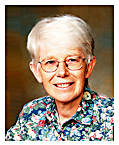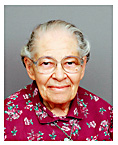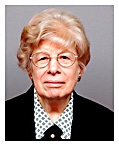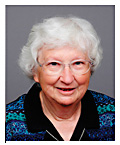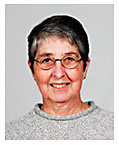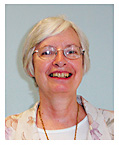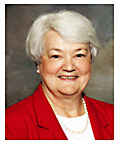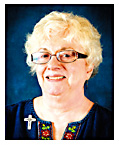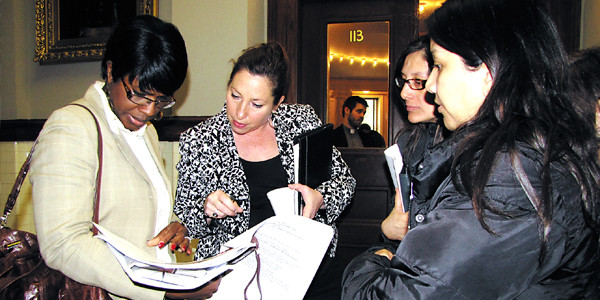Complete the Circle
By By George Evans
I remember the summer of 1964 and plan to participate in some of the 50th anniversary events of Mississippi Freedom Summer at Tougaloo College on June 25-29. I was a native of Vicksburg, had finished college a year before and had just completed one year of law school and had started seminary studies at a Benedictine Monastery in Conception, Missouri. Mississippi was in an absolute turmoil. I’m not sure we knew it at the time but a social revolution was in progress. Students, both black and white, were pouring into the state from colleges all over the country with the sole intent of registering new voters.
The summer before the freedom riders had come. That effort had been directed at integrating accommodations and bus stations. Progress in that area was on the way. This was different. These students, and those in charge, were staying here for weeks or months, not passing through or being sent to Parchman.
They were working to organize people who had never before voted and who, for the most part, had not been taught how to register to vote nor encouraged to do so. Tension ran high. A major black vote could threaten the way of life of segregation and white supremacy which prevailed. The threat of school integration had lingered for 10 years since Brown vs. Board of Education and deep down whites knew the delay couldn’t last forever (it ended six years later in 1970). A black vote along with the federal action being taken could mean a power shift.
The tension that built with incident after incident during the early days of June, erupted with the killing of three civil rights workers, James Earl Chaney, Andrew Goodman, and Michael “Mickey” Schwerner on June 21-22 in Neshoba County. They were missing for weeks after being released from jail at night. National media and the best the FBI had to offer descended upon Mississippi and Neshoba County. National news reported daily.
The bodies of the three workers were found in an earthen dam in Neshoba County 44 days later, Aug. 5, 1964. The outrage over their deaths, assisted in the passing of the Civil Rights Act of 1964 and the Voting Rights Act of 1965. Mississippi had shot itself in its foot.
Freedom Summer 1964 brought forth some leadership from churches and synagogues, particularly the Catholic and Episcopal bishops, some other church leaders and the Jewish rabbis pleading for restraint and tolerance in the name of Judeo-Christian principles. In truth, as I saw it at the time, this effort was welcomed, took courage and made me proud. But it was limited and unsupported by the vast majority of the churches and people who remained silent.
The accommodation that the churches had made for years with segregation was taking its toll. Change is never easy and for most whites, this was CHANGE IN CAPITAL LETTERS. I think we were all (even those who embraced the changes) a little afraid of what the future held because of the uncertainty that a social and cultural revolution brings. This was a change in a way of life. This was a true social/cultural revolution.
Looking back after 50 years we see great progress. Black elected officials are found all over Mississippi in great numbers. More and more black Mississippians graduate from college and professional schools and take their place in meaningful and well-paying jobs in business, education, the arts and professions. Restaurants and theaters and recreational venues of all kinds reverberate with black patrons and couples and perhaps even more significantly with mixed race patrons and couples. Schools and universities are well integrated.
Despite the progress enormous work still remains. The African American poverty rate in Mississippi is awful and disproportionate to that of Caucasians and Asians. The same is true for those in prisons and those born out of wedlock. The tensions of 50 years ago have abated but new fears and anxieties between races still endure and God’s command to love your neighbor as yourself still goes wanting.
Churches have made progress but until secular materialism is confronted and overcome the self absorption and narcissism it leads to will continue the need for a new social/cultural revolution as did segregation. Until we buckle down on that enormous undertaking we will not achieve that which many hoped to achieve 50 years ago – justice, peace, prosperity. There will be no further progress in race relations and no further social/cultural revolutions until we reach out and touch and embrace our neighbor, actually love our neighbor as ourself.
(George Evans is a pastoral minister at Jackson St. Richard Parish.)

